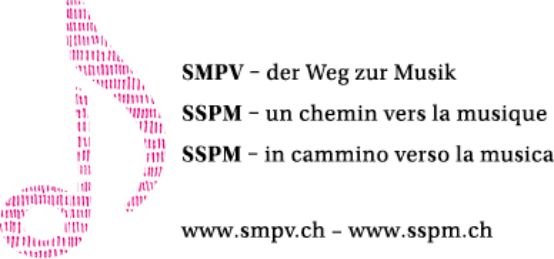A look back at a pioneering act

For nine years, from 2002 to 2011, a collective labor agreement (CLA) regulated the working conditions of teachers at the "Konservatorium Klassik und Jazz" music school and conservatory. Central Committee member Markus Hochuli talks about the origins of this agreement and its achievements.
Lucas Bennett: What is a collective bargaining agreement?
Markus Hochuli: A collective labor agreement is an agreement negotiated between employers and employees to define certain aspects of working conditions that are not, or only inadequately, regulated by law, i.e. by the law of obligations. One generally imagines contracts applying in a binding way to entire branches, which is possible depending on the size of the employers. But it's important to remember that a CLA can also be negotiated on a smaller scale, for example at a music school.
L.B.: What are the requirements for a CLA, and how can negotiations be initiated?
M. H.: The institution concerned must be organized under private law, for example as a foundation. Employees must be represented by an independent organization. This is usually a trade union, as it is able to offer the necessary knowledge and support, but an optional assembly of the teaching staff would theoretically be sufficient. Several organizations or unions may also be collectively responsible for the agreement. At least half the workforce should be organized in one or more of these groups. Once these conditions have been met, negotiations are mandatory if requested. In the event of refusal, employees would have the right to strike.
L.B.: What prompted the creation of the Zurich collective labor agreement?
The process began with the separation of the Haute Ecole de Musique and the Conservatoire. This restructuring necessitated the drafting of new employment contracts. The conservatory management submitted a proposal to the teaching staff, who rejected it as insufficient. In the ensuing discussions with Sibylle Schuppli of the music teachers' association (MusiklehreInnen-Verband, MuV, ed. note) and Martha Gmünder, then president of the Zurich section of the SSPM, the idea of drawing up a collective labor agreement was born. Concrete negotiations with the school lasted until 2002. In addition to support from the MuV and the SSPM, the Syndicat des Services Publics (SSP, editor's note), represented by Urs Loppacher, who took part with François Thurneysen and myself in the negotiations, made an important contribution to the whole process. In 2002, the collective labor agreement came into force.
L.B.: In your opinion, what were the most important advances achieved at the time thanks to the CLA?
M. H.: First of all, the guaranteed rate of employment, which was based on a proposal from the school management and also included teaching at the university, as well as the definition of fixed deadlines after which an agreed rate came into effect. Other important points included the introduction of a seniority bonus for all teachers, the right to one week's paid leave per year for further training or artistic activities, and the regulation of step progression. In addition, the agreement contained a progressive quality assurance system that operated without teacher evaluation. In addition, the fact that the agreement referred in principle to public law brought many improvements overall.
L.B.: Following the merger of the conservatory and the "Jugendmusikschule Zürich" in 2011, employment contracts were transferred to public law, and the CLA was cancelled. Has Zurich's pioneering project set an example and encouraged other institutions to adopt collective labor agreements?
M.H. After Zurich, the conservatory in Winterthur has also introduced a collective labor agreement. Otherwise, I'm not aware of any comparable agreements elsewhere in Switzerland, which surprises me. CLAs have many advantages. They offer a legally-backed opportunity to respond to existing shortcomings and dissatisfactions, and to achieve job-related improvements. They do not necessarily have to focus on financial aspects, and can cover a wide range of areas. Furthermore, a collective bargaining agreement does not have to be the result of a perceived negative situation. It's quite conceivable that a school should enshrine its achievements in a CLA to protect itself against the risk of deterioration linked to the political context. Moreover, joint committees are an appropriate instrument for initiating and maintaining constructive dialogue within a school. As for teachers, it is certainly important that they take an interest in the working conditions in their music school, and if possible, that they all pull in the same direction.
-The Central Committee is happy to provide information and advice on collective bargaining agreements.








